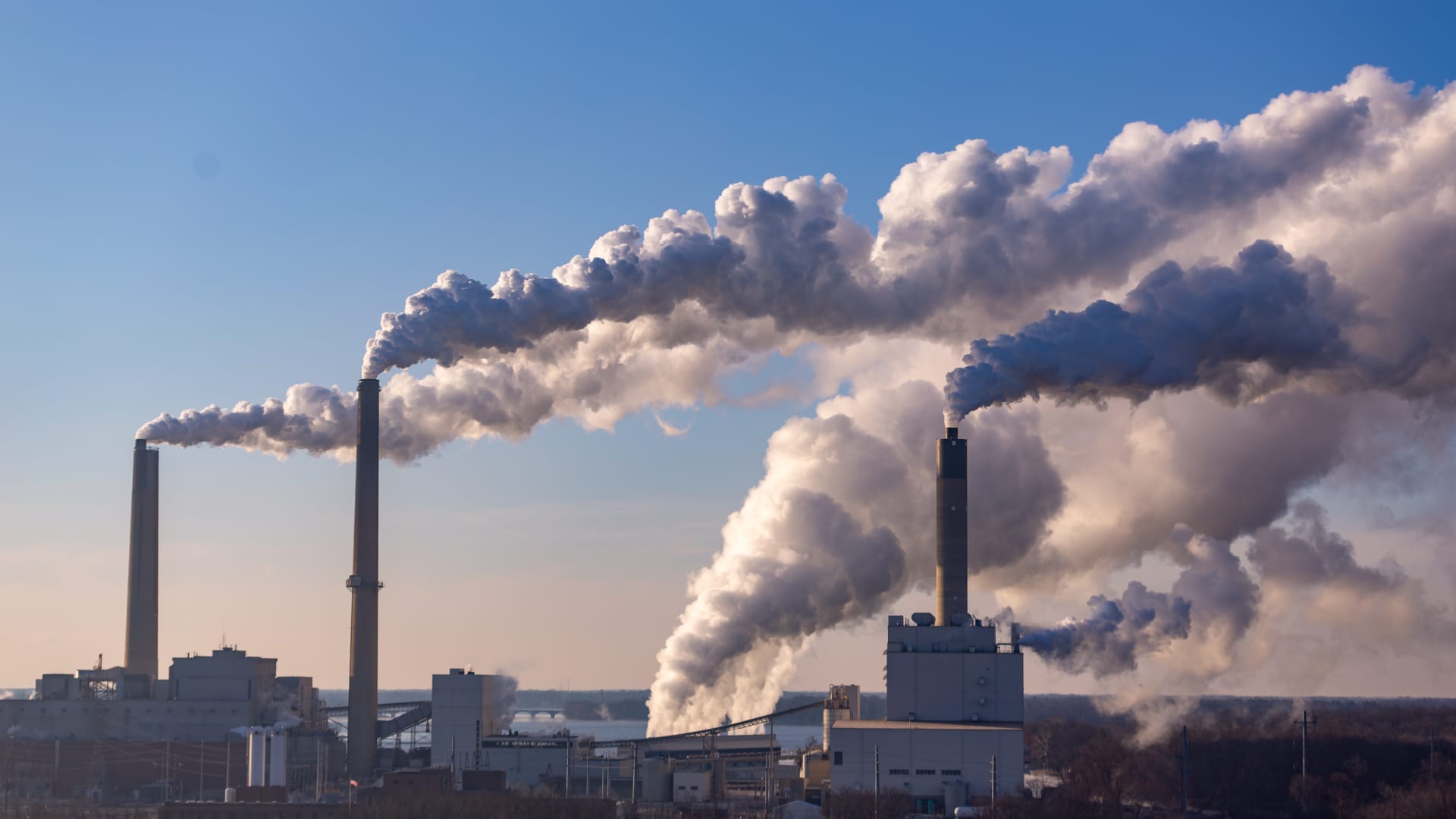
Coal prices are soaring and global coal consumption is expected to return to record levels reached almost 10 years ago as the global energy supply crunch continues.
While investors in coal stocks are having a field day thanks to high coal prices, curbs on carbon emissions are taking a backseat as markets and governments scramble to stock up on traditional energy supply amid bottlenecks caused by the Ukraine war, analysts say.
Worse, slowing investments in new coal-powered energy facilities have tightened the supply of coal even further, Shaw and Partners senior analyst Peter O’Connor told CNBC’s “Squawk Box Asia” on Friday.
“Who would have thought dirty ol’ coal would have been the best-performing equities in the last financial year. So far this financial year it’s also the best-performing sector,” O’Connor said.
“And looking at the year ahead through the northern winter with gas prices in Europe and gas supply availability, countries are turning back to coal.
“And supply [of coal] is tight. Why? Because nobody’s building capacity and markets will remain tight given the weather and Covid. So that market will stay higher for longer, probably well into 2023 calendar year.”
At the heart of the continuing surge in demand for coal is the shortage of gas as the European Union moves to reduce the use of Russian gas — stopping short of a gas ban — while Russia responds by cutting supplies to the continent.
Dwalker44 | E+ | Getty Images
The price of thermal coal used for power generation has risen about 170% since late last year, rising sharply after the Ukraine war started.
In contrast, the other majorly traded coal, the steelmaking ingredient coking coal, is trading lower. Driven by different dynamics, muted economic growth in China is cooling steel production and, by extension, demand for coking coal.
The International Energy Agency released a fresh report on Wednesday warning that global coal consumption is set to rise by 0.7% in 2022 to match the record set in 2013, assuming the Chinese economy recovers as expected in the second half of the year.
“The global total would match the annual record set in 2013, and coal demand is likely to increase further next year to a new all-time high,” the IEA’s Coal Market Update said.
“That sharp rise contributed significantly to the largest ever annual increase in global energy-related CO2 emissions in absolute terms, putting them at their highest level in history,” the IEA said.
Worldwide coal consumption had already rebounded by about 6% in 2021 when the global economy recovered from the initial shock of the Covid pandemic, the IEA said.
At the heart of the continuing surge in demand for coal is the shortage of gas as the European Union moves to reduce the use of Russian gas — stopping short of a gas ban — while Russia responds by cutting supplies to the continent.
Coal consumption in the EU is therefore expected to rise by 7% in 2022 on top of last year’s 14% jump, the IEA says.
“This is being driven by demand from the electricity sector where coal is increasingly being used to replace gas, which is in short supply and has experienced huge price spikes following Russia’s invasion of Ukraine,” it said.
“Several EU countries are extending the life of coal plants scheduled for closure, reopening closed plants or raising caps on their operating hours to reduce gas consumption.”
At the same time, boycotts of Russian coal add further upward pressures on coal prices, the agency said.
“Europe’s worst fears materialised this week after Russia cut flows via the Nord Stream pipeline to 20% of capacity. Gas inventories may not reach levels high enough to get through the winter,” ANZ Research commodity analysts Daniel Hynes and Soni Kumari said in a note on Friday.
“As Europe’s spare import capacity is limited, it is likely to compete aggressively for LNG shipments.”
The global gas market, including Asia-Pacific, is feeling the pain.
On Wednesday, Japan’s Nippon Steel Corporation signed an agreement with mining and trading giant Glencore for thermal coal supply at $375 a tonne, the highest price a Japanese firm has paid for the commodity, according to Bloomberg.
All in all, surging energy costs continue to contribute to global inflation, forcing central banks to continue their monetary tightening.
The Federal Reserve raised its benchmark interest rates by 75 basis points on Wednesday, the latest in a series of rate hikes intended to tame inflation.
